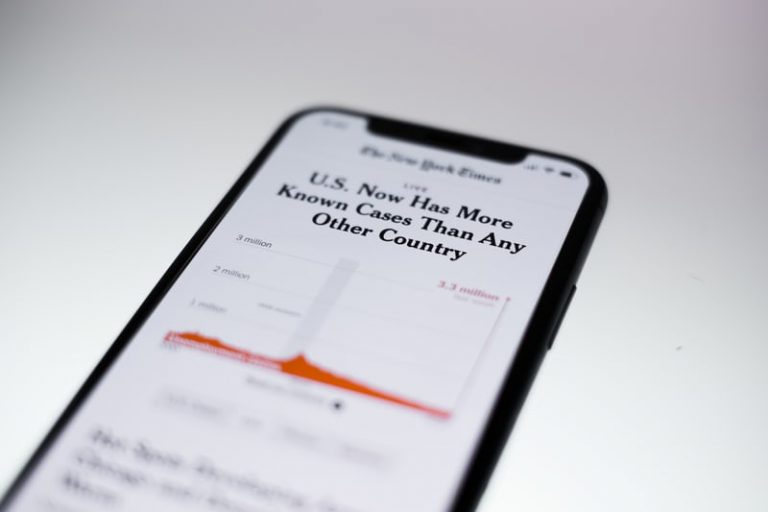Since March 13, the Center for Disease Control and Prevention has been advising active
social distancing practices. While everyone is calling this time period “quarantine” or “self-
isolation,” anyone who does not have COVID-19 is actually social distancing. People who stay
at home because they have symptoms of the virus are self-isolating; anyone who stays at home
because of possible exposure is under quarantine. Either way, however, it seems that the spring
of 2020 is going to be filled with time at home, Netflix binges and more Zoom meetings than
anyone cares to count.
Most people are uncomfortable with this arrangement. It certainly has real consequences.
Many families are finding themselves without a source of income, schools have been switched to
online modes and it can be challenging to find the balance between school, homework, family
time and relaxation. There are only so many binge-worthy shows, board games to play or
conversations to have before everyone wants to see some different faces.
Social media is filled with memes satirizing the situation, Bingo challenges that are done
out of sheer boredom, and some genuine complaints about the difficulties inherent in new
restrictions. In general, however, people are trying to comply with the social distancing
requirements, embrace the change for the sake of the people they love and follow the guidelines
that can seem really harsh.
It is important to realize, however, that complaints about not hugging friends or being
able to go to the store (in small-town Kentucky, Walmart is a social hub) pale in comparison to
the hardships that social distancing guidelines have put on some people. The ability to socially
distance is a privilege, one that many people do not have. Please note here that privilege is not
inherently a bad thing. Individuals who are able to cope with change and adapt to unprecedented
situations has never been a negative attribute. But it is imperative that privilege provides a
platform from which we can help situations, not one from which its holders condescend to those
less fortunate.
A group facing this issue is essential workers. Medical personnel, emergency services,
grocery workers and janitors still show up to work, expose themselves to illness and truly serve
on the front lines of what is becoming a new type of war. They are celebrated and called heroes,
as they should be, and it is necessary that people seek to understand and appreciate their efforts.
These essential workers play a huge role not only in keeping the spread of COVID-19 at bay, but
also in keeping this country fed, clean and generally operational.
Another group, the much broader group, includes those for whom social distancing is
nearly impossible.
“Shelter-in-place” orders only work when you have a viable shelter. With more workers
being furloughed or laid off every day and the kids home from school, money is tight, quarters
are close and tensions are high. The Rape, Abuse and Incest National Network has reported a
spike in domestic violence cases during this time of social isolation, meaning that some people
may be safe from the virus in their homes, but they are not safe from the people with whom they
are isolated.
This pandemic has interrupted many good things and uprooted a lot of people from their
planned environment and activities. But, as Christians, our goal should be to reach out to those
around us when they are hurting. People need each other, even in this time of social distancing.
As we are able, our own privilege should be used to aid others, whatever that looks like on an
individual basis. As Asbury president Dr. Kevin Brown has said, we can do hard things together.
We must be willing to lay down our own privilege or excess to help someone else
through this difficult time.



